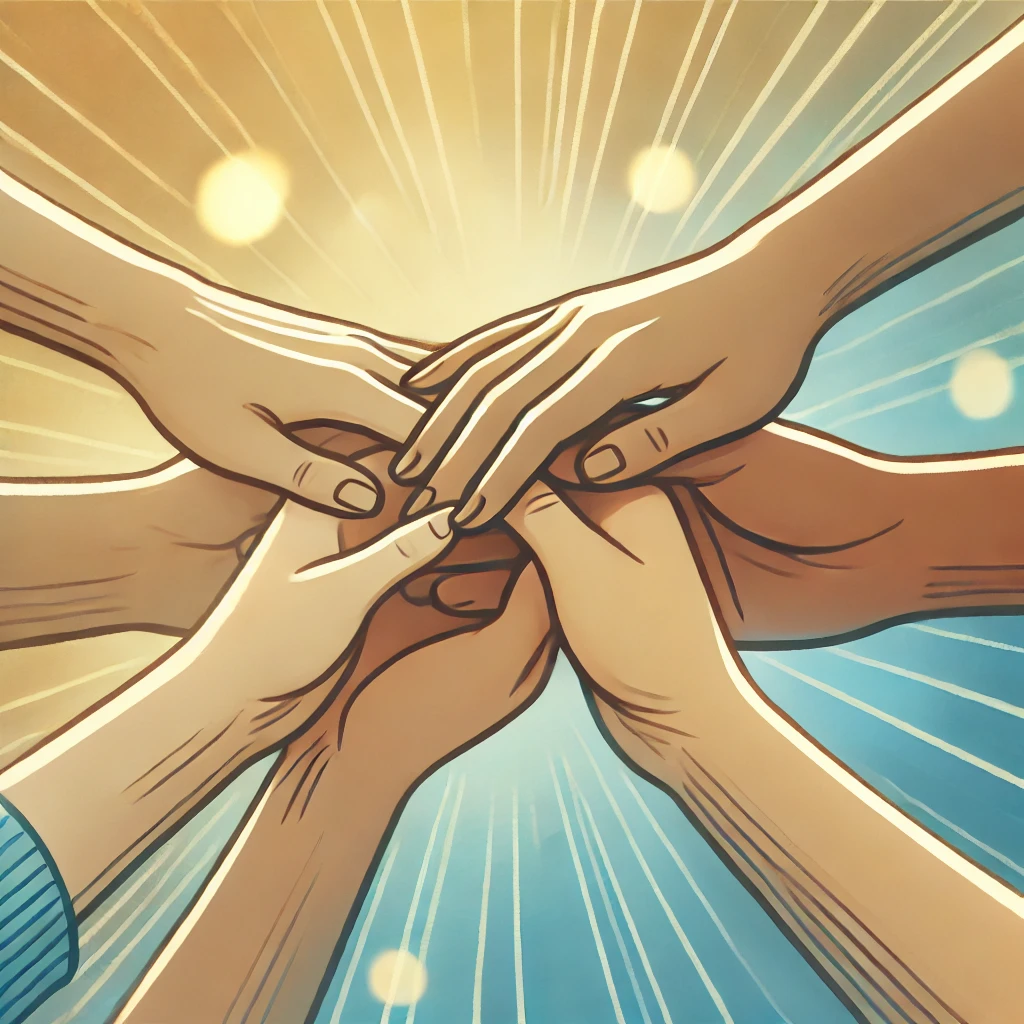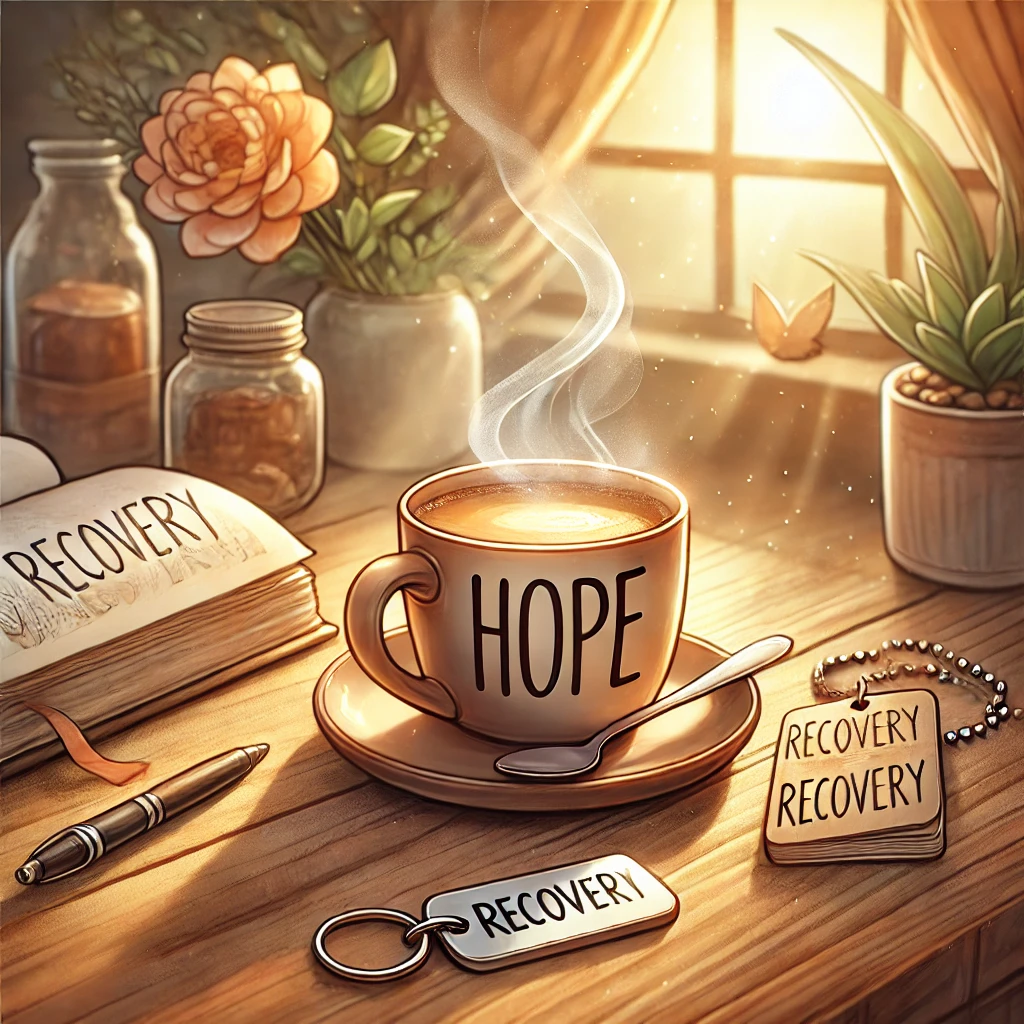Finding the Right Balance
Recovery from addiction or mental health struggles often requires a combination of inner strength, external support, and a willingness to embrace change. Two concepts frequently discussed in this journey are willingness and willpower. While they might sound similar, these terms play very different roles in the recovery process. Let’s explore how they differ, how they interact, and why prioritizing willingness can make all the difference.

What Is Willpower?
Willpower is often described as the internal force that drives us to take action, resist temptations, or push through challenges. It’s the determination to follow through with commitments, even when it’s uncomfortable or difficult. In recovery, willpower might look like resisting the urge to use substances, attending meetings despite feeling anxious, or following a structured routine.
While willpower can be helpful, it’s not infinite. Studies show that relying solely on willpower can lead to burnout, frustration, or feelings of failure when we inevitably face setbacks. Recovery isn’t about perfection—it’s about progress.
What Is Willingness?
Willingness, on the other hand, is an openness to change and growth. It’s about being ready to explore new ideas, accept help, and try different approaches, even when they feel uncomfortable or uncertain. Willingness requires humility and the ability to let go of rigid control.
In the context of recovery, willingness might mean:
- Acknowledging that you can’t do it alone.
- Accepting feedback from others.
- Being open to new coping strategies or therapies.
- Trying something again after a setback.
Unlike willpower, willingness doesn’t run out. It’s a mindset that fosters resilience and helps you lean into the support of your community, faith, or recovery program.
Why Willingness Matters More
While willpower can help you take the first step, willingness is what keeps you moving forward. Here’s why:
- Recovery Is a Journey, Not a Sprint Willpower is often associated with short-term effort, but recovery is a lifelong process. Willingness allows you to pace yourself and adapt as you grow.
- It Encourages Flexibility Recovery rarely follows a straight line. Willingness helps you navigate unexpected challenges and stay open to new solutions, rather than becoming discouraged by setbacks.
- It Strengthens Connections Willpower can feel isolating because it’s all about what you can do on your own. Willingness, however, fosters connection—whether it’s with a sponsor, therapist, or recovery group. These relationships provide strength when your willpower wanes.
- It Embraces Vulnerability Recovery requires honesty—with yourself and others. Willingness encourages you to admit when you’re struggling, which opens the door to real support and growth.

Balancing Willpower and Willingness
Both willpower and willingness have their place in recovery. Think of willpower as the engine that gets you started and willingness as the fuel that keeps you going. Here are some tips for cultivating both:
- Start Small: Use willpower to tackle manageable goals, like attending one meeting or making one positive choice each day.
- Stay Curious: Practice willingness by asking questions, seeking feedback, and being open to new ideas.
- Celebrate Progress: Acknowledge your efforts, whether they come from sheer determination or an open heart.
- Lean on Others: Remember, you don’t have to do this alone. Willingness means accepting the help and wisdom of those who have walked this path before you.
- Practice Self-Compassion: Forgive yourself when your willpower falters and use willingness to get back on track.
Final Thoughts
Recovery is about more than resisting temptation or sticking to a plan. It’s about embracing the possibilities of a better life and being open to the journey ahead. Willpower might get you started, but willingness will carry you through the ups and downs with grace and hope.
So, the next time you’re feeling stuck, ask yourself: “Am I trying to control this with sheer force, or can I approach it with an open mind and heart?” You might find that willingness, not willpower, is the key to unlocking your next step toward healing.
